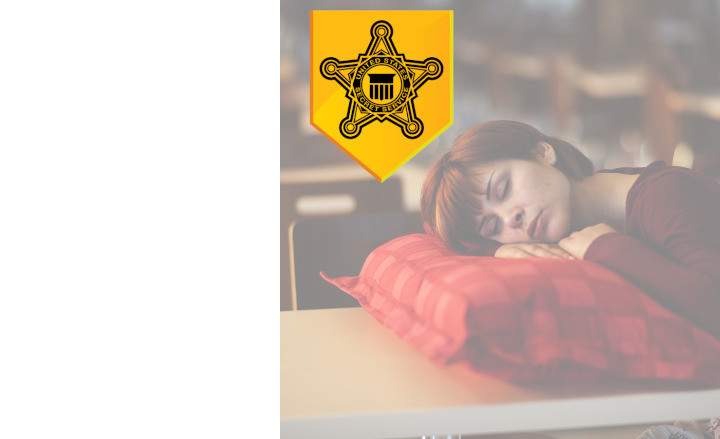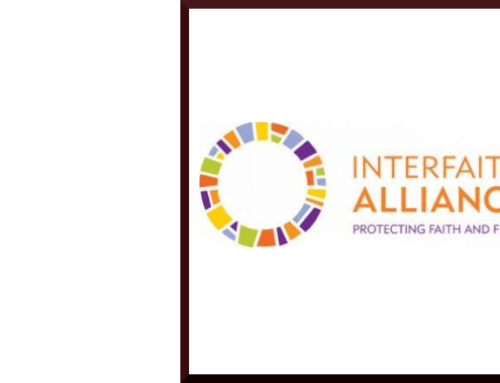What happened in Butler, Pennsylvania is emblematic of our culture of comfortableness. We are a nation that lacks accountability for misconduct and incompetence, the net result of which is a growing pattern of serious social problems. It is institutionally ubiquitous.
From “soft on crime” initiatives to nearly non-existent student disciplinary measures—to weak performance standards in the workplace and on the ball field—offenders and slackers have been treated with impunity. It is this culture that accounts for the failure of the Secret Service to protect former president Donald Trump. Here are a few examples.
- In March 2017, a 26-year-old man, Jonathan Tuan-Anh Tran, jumped the fence at the White House while carrying a dangerous weapon; he had two cans of Mace. Astonishingly, he was allowed to walk around for 15 minutes before he was apprehended by two Secret Service agents. While they were fired, a week later Tran was released. The following year he was found carrying a knife while attempting to illegally enter the office of Rep. Devin Nunes.
- In 2022, Arian Taherzadeh, 40, and Haider Ali, 35, duped four Secret Service officials by posing as officers and employees of the federal government. They obtained paraphernalia, handguns and assault rifles used by federal law enforcement agencies. These were not ordinary members of the Secret Service: one was on detail for the first lady; another was a uniformed division officer in the White House; a third was on detail for Vice President Kamala Harris; and the fourth was assigned to the presidential protection detail. None was fired—they were merely suspended.
- In April 2024, a female Secret Service special agent assigned to cover the vice president jumped on her boss and began beating him. The agent, Michelle Herczeg, who had a history of aberrant behavior, chest-bumped and shoved her superior, then tackled him and punched him while still having her gun in her holster. Fellow agents wrestled her gun away, cuffed her and removed her from the premises. When questioned about this, Anthony Guglielmi, chief communications officer for the Secret Service, called the incident a “medical matter.” The offending agent was not fired—she was simply removed from Harris’ detail.
These are just a few examples that we know of in recent times.
Regarding the last incident, Rep. James Comer, who chairs the House Oversight and Accountability Committee, argues that the Secret Service, under the tutelage of its director, Kimberly Cheatle, has become so concerned about the diversity, equity and inclusion agenda that it has lost sight of its primary mission, namely providing the highest standards of security. How much of this accounts for the relaxation of standards is debatable, but that it plays any role whatsoever is outrageous.
If there is no accountability, and if a culture of comfortableness is tolerated, we can expect more incidents of wrongdoing and incompetence. Lowering standards is a prescription for failure.
That a young man armed with a rifle can get to the rooftop of a building close enough to kill the former president—and a current presidential candidate—without being noticed by the Secret Service is mindboggling. Unless the corrupt culture that nourishes this condition is addressed, there will be more such instances. And the next time may be too late.







